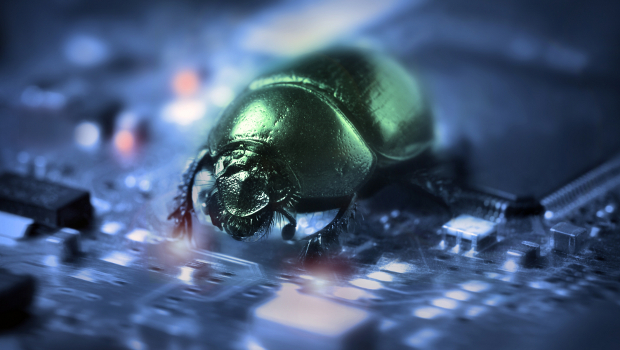The built-in factory reset on Android smartphones is so poorly implemented on popular models it should never be relied on to erase sensitive data, the UK’s Asset Disposal & Information Security Alliance (ADISA) has warned after performing a forensic analysis of a range of current end-of-life handsets.
Authored by ADISA founder Steve Mellings and Professor Andrew Blyth of the University of South Wales, the pair lined up 24 smartphones made up of 11 BlackBerrys, seven from Apple’s iPhone range and six Androids models from Samsung and HTC. These included from the BlackBerry Bold 9900, BlackBerry Torch 9810 and BlackBerry Curve 9320, iPhone 3GS, iPhone 4, and iPhone 5, plus Samsung’s Android-based Galaxy Ace 2, Omnia HD, Galaxy S2, and HTC’s Android Wildfire S and Cha Cha.
The reset function in the BlackBerrys and iPhones performed well and the researchers found it impossible to recover any data. However, the Android smartphones offered a very different story, with even multiple resets under test conditions unable to properly erase multiple categories of test data contained on them such as phone contacts, SMS messages, Calendar events, call logs, images, videos, and even apps and data.
The methodology was a simple matter of placing the same data set on each handset, executing a reset and then attempting to recover data using a common forensic tool under test conditions.
It’s not clear why the Android smartphones retained so much data but ADISA’s researchers suggest that the makers are simply one stage removed from the underlying operating system and don’t implement all the hardware features correctly. There is no indication that the results would be different on more recent handets from other vendors.
“It can be speculated that the poor performance of the Android devices is that as Android runs on multiple hardware platforms, the developers are unable to integrate their software platform into the hardware such that specific hardware features cannot be utilised,” the researchers said in a white paper covering the teams findings.
“[By contrast] both BlackBerry and Apple control both the hardware and software platforms for their devices and as such, the software platform is will be integrated into the hardware platform so as to support specific functions.”
ADISA’s recommends that low volume Android smartphone disposal/wiping be carried out using third party tools or services, although the organisation notes that deciding which to use is not easy given that lack of independent testing.
“The research findings highlight some of the wider implications associated with asset management and asset disposal. An asset’s end-of-life process is both technically and operationally complex, and businesses want to know with confidence that their sensitive data will not turn up unexpectedly in the possession of an unauthorised party,” ADISA’s Steve Mellings said.
“As the white paper outlines, smartphones can present a significant risk if carelessly disposed of. Businesses should consider applying the best practice recommendations explored in the paper, especially as changes in the workplace continue to drive mobile adoption across the business landscape.”
Techworld







Subscribers 0
Fans 0
Followers 0
Followers